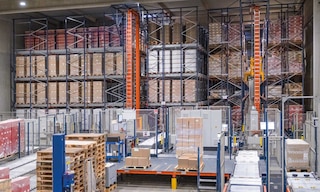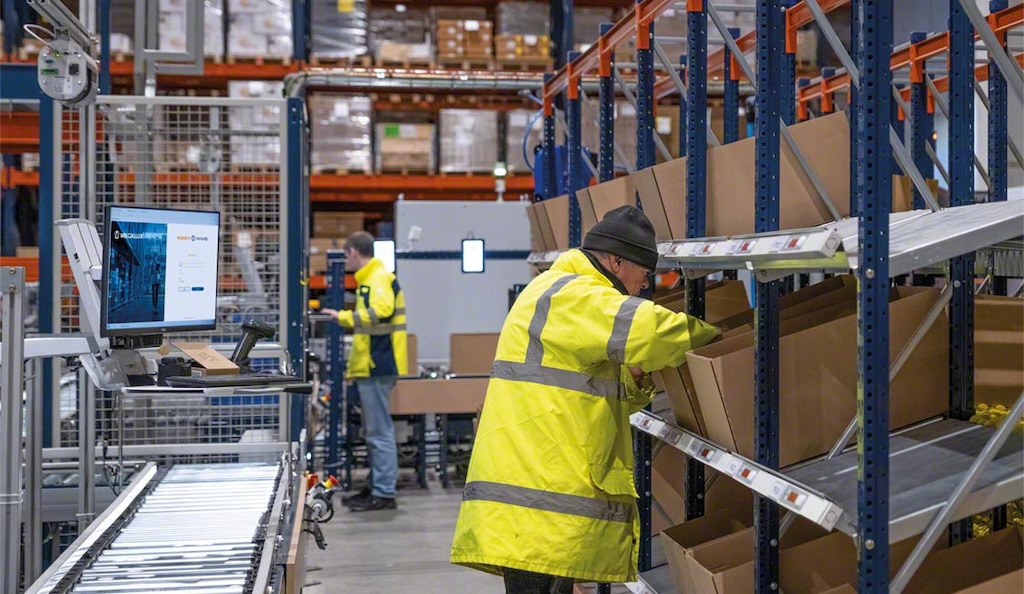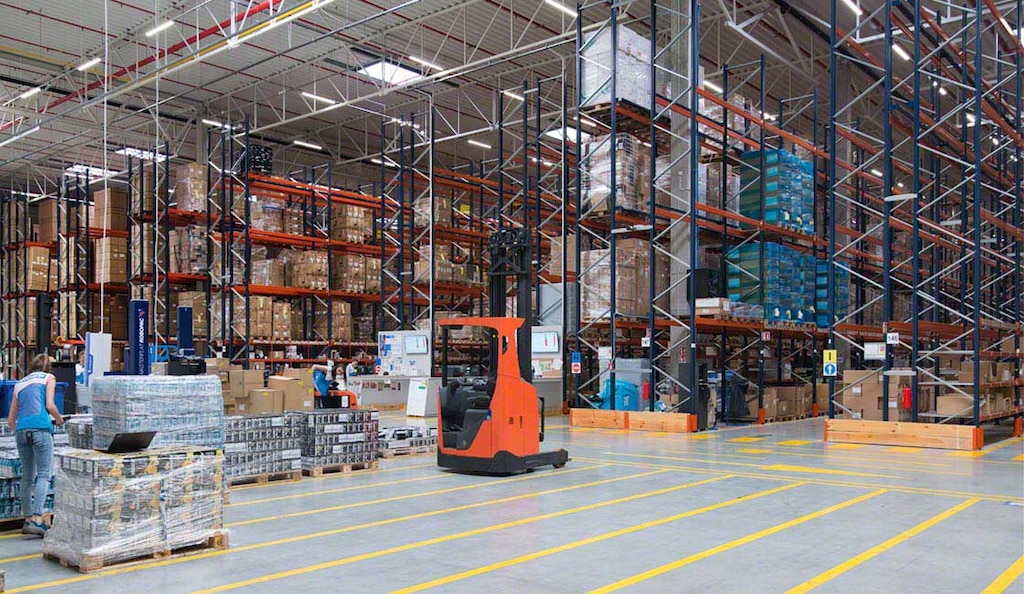
Logistics functions: What they are and how to optimize them
Managing logistics functions well can make all the difference in streamlining an organization’s supply chain — boosting productivity, cutting costs, and improving inventory control. In this post, we break down the core logistics functions and the benefits of careful planning.
Logistics functions definition
Logistics functions are the essential activities that support businesses relying on the flow and delivery of products or raw materials. They include warehouse management, material handling, inventory control, order fulfillment, reverse logistics, and goods transportation and distribution, among other processes. These functions typically fall under the logistics department, which plays a central role in maintaining operational efficiency and driving competitiveness. Effectively managing logistics processes is vital to the success of any company. Let’s take a closer look at each of these logistics functions.
Warehouse management
This involves organizing and overseeing operations performed within logistics facilities, such as receiving, storage, and order shipping. The logistics manager is normally charged with supervising these operations and may rely on a warehouse management system (WMS) to automate tasks and reduce errors.
Material handling
Material handling refers to the systems and methods used to move and store goods throughout the supply chain. It covers the protection, management, storage, and control of products, from manufacturing to final distribution. To perform these tasks, operators use industrial equipment that may be automated, semi-automated, or manual.
Inventory control
This phase consists of the procedures and methods employed to monitor a company’s stock levels. Having detailed information about available goods is necessary for planning workflows and operations more effectively. Businesses that set and maintain minimum inventory levels can sustain service continuity over time.

Order fulfillment
In order processing, products requested by customers are gathered and prepared for shipment. This stage includes order picking, packaging, labeling, and shipping. Fulfillment can be streamlined with software that coordinates warehouse management with transportation carriers.
Packing and labeling
Product packing and labeling is another crucial logistics function. The right packaging ensures that items are protected, properly handled, and preserved during transit. Clear labeling also helps speed up identification and delivery.
Transportation and distribution
These logistics processes guarantee that products reach customers quickly and efficiently. Companies aim to optimize these operations by managing resources carefully, considering factors such as vehicle type, travel distance, and fuel costs.
Product traceability
Product traceability is the ability to track an item’s origin and the steps it goes through from production to final delivery. To do this requires collecting large amounts of data. Traceability is especially valuable in industries like food and beverage or complex environments such as international logistics.
Reverse logistics
This logistics function deals with returns of goods to warehouses, whether due to product defects, model changes, or customer decisions. Returns call for additional transportation and reclassification of items by SKU and condition. This can drive up costs through extra labor and storage space demands.

Examples and benefits of logistics planning
Exceptional logistics performance brings major advantages to supply chains. Below are real-world examples of companies that have successfully fine-tuned their operations:
Faster processes
Würth Modyf, a workwear and safety footwear retailer, now fulfills over 1,500 orders a day after relocating to a new facility in Polinyà (Spain). By implementing Mecalux’s Easy WMS warehouse management system, the company eliminated paper-based picking, significantly increasing accuracy and speed.
Greater efficiency and fewer errors
Beyond streamlining order fulfillment, effective logistics planning enables more error-free deliveries. Sarkany, a leading Argentine footwear business, has cut its error rate from 7% to under 2% since implementing Easy WMS to optimize supply across its retail, ecommerce, and wholesale channels.
Faster customer service
The international sporting goods retailer Decathlon continuously updates its business and logistics strategy to boost customer satisfaction. By expanding online sales through its website and investing in logistics centers like its 7.4-acre facility in Łódź (Poland), the company has improved service while shortening delivery times.
Better data for smarter decisions
After digitalizing its warehouse, French women’s fashion brand Rouje uses Easy WMS’s Supply Chain Analytics feature to gain real-time insights into its operations. The logistics manager can now precisely track task processing times, available capacity, and inbound/outbound order flows.
Ultimately, logistics functions can make or break a company. From warehouse operations to final delivery, each activity plays a direct role in driving efficiency, productivity, and profitability.
Logistics functions in 5 questions
What are logistics functions?
Logistics functions refer to all the activities involved in moving products within a company. They range from receiving goods and storing them to transporting and distributing them. They also include key processes such as traceability, order fulfillment, inventory management, and reverse logistics.
Who oversees logistics functions?
Generally, the logistics department is responsible for carrying out these functions. It ensures each task is performed efficiently and contributes to the business’s competitiveness.
Why plan logistics functions?
When logistics functions are properly planned, companies benefit from faster order fulfillment, fewer errors, better operational insights, and greater customer satisfaction.
How do you make the most of logistics functions?
Leveraging a warehouse management system (WMS) can help cut intralogistics costs and strengthen a company’s market position by streamlining processes.
Why are logistics functions so important?
Good management of logistics functions is essential for any business looking to optimize its supply chain. From warehouse operations to final distribution, every task impacts an organization’s efficiency, productivity, and profitability.
